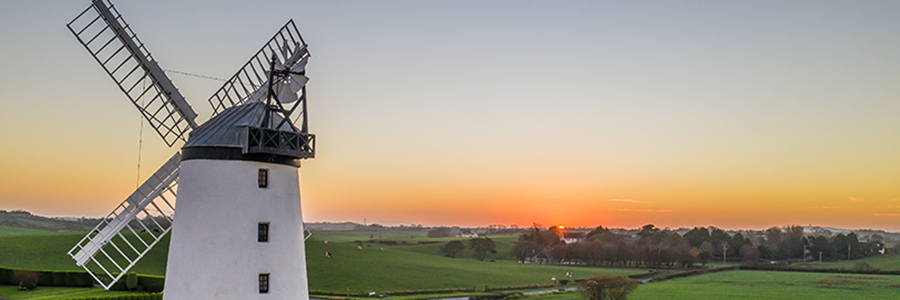How the pilots aimed to help small businesses
Businesses in each of the eight areas chosen for the pilots could trial new services to help support their business, and to help them support their customers.
We trialled a range of services, most of which were free for small businesses.

Faster and easier cash deposits.
We knew that being able to bank cash, quickly and privately was critical for small businesses. We trialled a range of services to help.
The first was faster over the counter deposits. Many businesses were aware that the Post Office offers banking services (including cash access and deposits, and floats) from all of their branches, but didn’t use them because the services weren’t sufficiently private or quick. We refurbished Post Office branches (in Burslem, Millisle and Denny) and created new Post Office services (in Botton Village and Lulworth Camp) to give small businesses better access to the services.
We also trialled automated deposit machines, so that businesses could bank cash without having to queue. These were set up in Burslem (in the Post Office) and in Rochford (in the Bank Hub). These were open the same hours that the Post Office or Bank Hub opened.
In Denny, we partnered with a new service, operated by OneBanks, which set up a staffed service in the Denny Co-op, and used the latest technology and biometrics to enable secure transactions including cash deposits and withdrawals, payments and transfers.
We also trialled out of hours ‘bag drop’ services in Burslem and Cambuslang, which operated longer hours and were located in the community and run by NoteMachine. Local businesses could sign up to use the service, and simply deposit cash out of hours.

Faster and easier floats
We enhanced Post Office facilities in Burslem, Millisle and Denny, and created new Bank Hubs in Rochford and Cambuslang to make it easier for businesses to order and collect floats, reducing queues and with better privacy.

Cashback
We knew that consumers didn’t have many ways of getting cash in some of the pilot locations and knew that this could mean that customers could go and get their cash elsewhere – and then shop elsewhere. We wanted to pilot the idea of making local cashback commonplace, so that customers could get their cash locally, and spend it locally. We trialled this in three different ways.
First, Selected retailers could give cashback to consumers without a purchase – operating in Hay-on-Wye, Burslem, Denny and Cambuslang.
Second, we offered to pay retailers across most of the pilot areas (excluding only Lulworth Camp and Botton Village) to offer cashback (with a purchase) to their customers. Retailers weren’t obliged to give cash if they didn’t have it – and we wanted to learn from their experience. A retailer could withdraw from the pilot at any time.
And finally, in Burslem, we worked with a company called Sonect to offer an app-based solution, where customers could order the cash they needed on their app – so that they knew it would be there for them – with participating retailers who could accept the transaction. A retailer then would have the customers in their shop, increasing the likelihood that they would shop there.

Easier ways to handle small change
Whether it’s the time spent cashing up or fees for counter services, managing a float of coins represented cost and inefficiency to businesses. Until now, however, coins have been a vital component of a cash transaction.
A large proportion of coins are single-use, never re-entering the economy, representing significant lost value.
In Denny, Millisle and Rochford we worked with a British company called Shrap that enabled businesses to continue accepting cash but without the cost and inconvenience of coins. By storing a ‘float’ on the service, change could be issued onto a customer’s phone or Shrap card, for free, when a cash payment was made.
The change that customers saved could then be spent with local businesses, also for free.
Find out what was offered in each community:
Botton Village
(North Yorkshire)
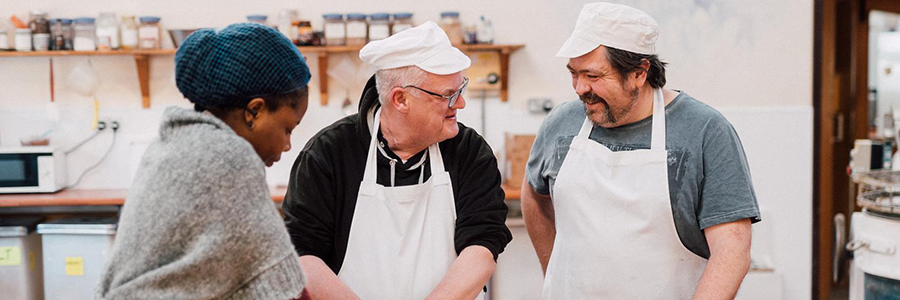
Burslem
(Stoke-on-Trent)
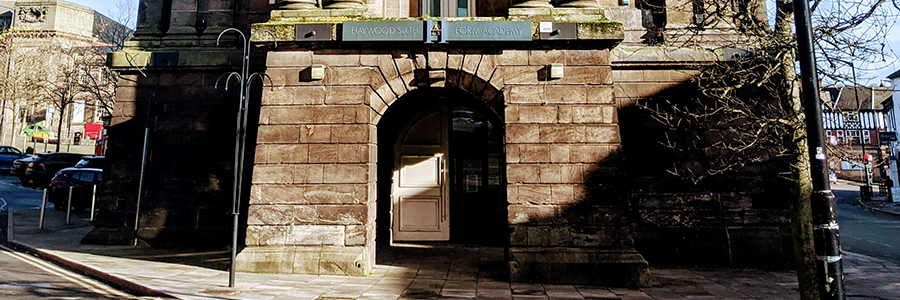
Cambuslang
(Lanarkshire)
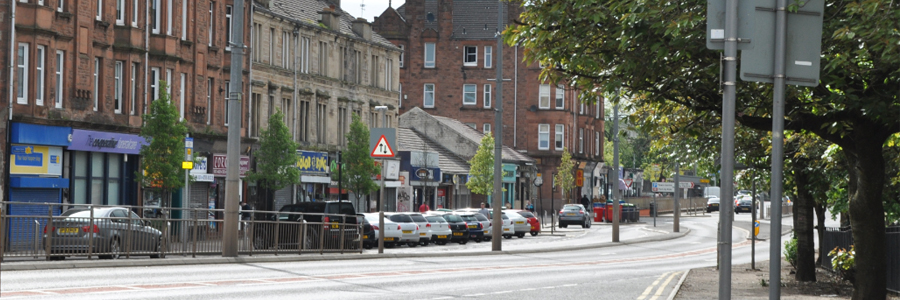
Denny
(Falkirk)
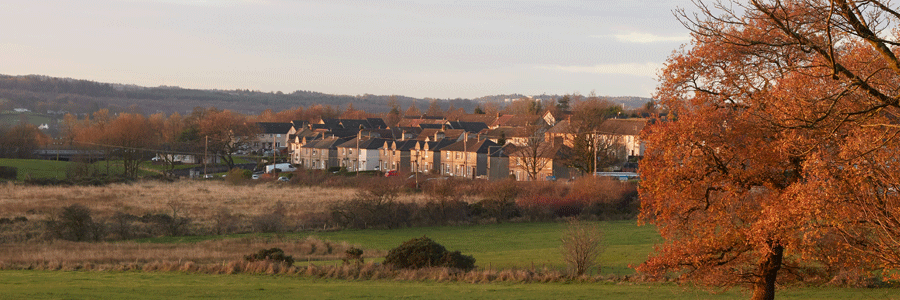
Hay-on-Wye
(Powys)
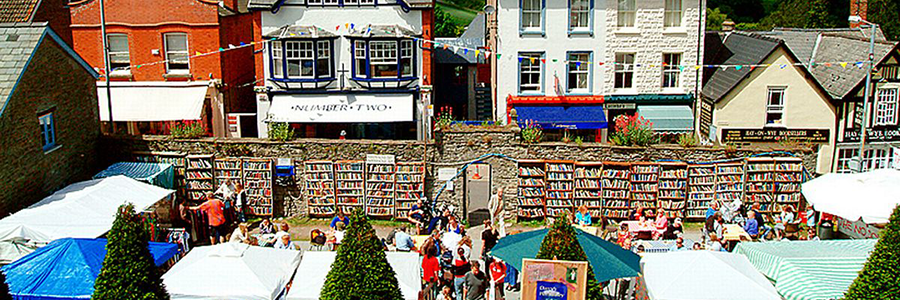
Lulworth Camp
(Dorset)

Rochford
(Essex)
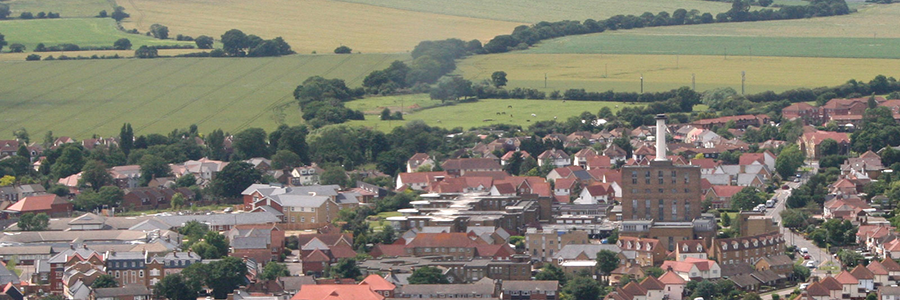
Milisle
(Northern Ireland)
